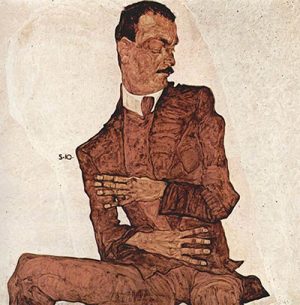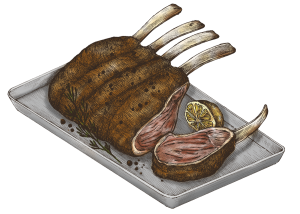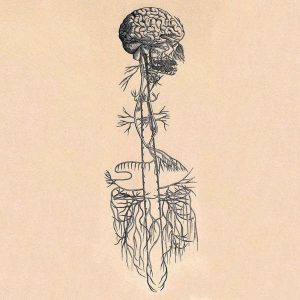Generational trauma is the idea that the significant pains suffered by our ancestors (poverty, sexual exploitation, famine, racial abuse, enslavement) do not die when they do, but are passed down through our bloodlines, to us.
Each one of us is, then, a living recap of the suffering of our lineage; a grand walking heap of slights and injuries, an omnibus of the awfulness borne down on (wo)man by man.
It’s quite easy to understand how a young girl, witness to her father’s brutality towards her mother, would find herself in similarly abusive relationships. The narrative of her upbringing – the victimhood, need for safety at all costs and therefore the willingness to trust seedy characters all explain how her mother’s trauma can be passed onto her.
There’s a view too, borne out by research, that not only is trauma passed across generations in the behavioural ways I’ve described above but that trauma also becomes encoded at the level of our DNA. That’s to say, it’s alive in the child from the moment she is born, etched into the anatomy of her soul.
You’re carrying far more than you know – the colossal legacy of your accumulated ancestry. Paradoxically, as painful as they are, your wounds are not actually yours. Don’t take them so personally.
And be gentle with yourself.
And kind.








0 Replies to “The past isn’t dead. It isn’t even past.”